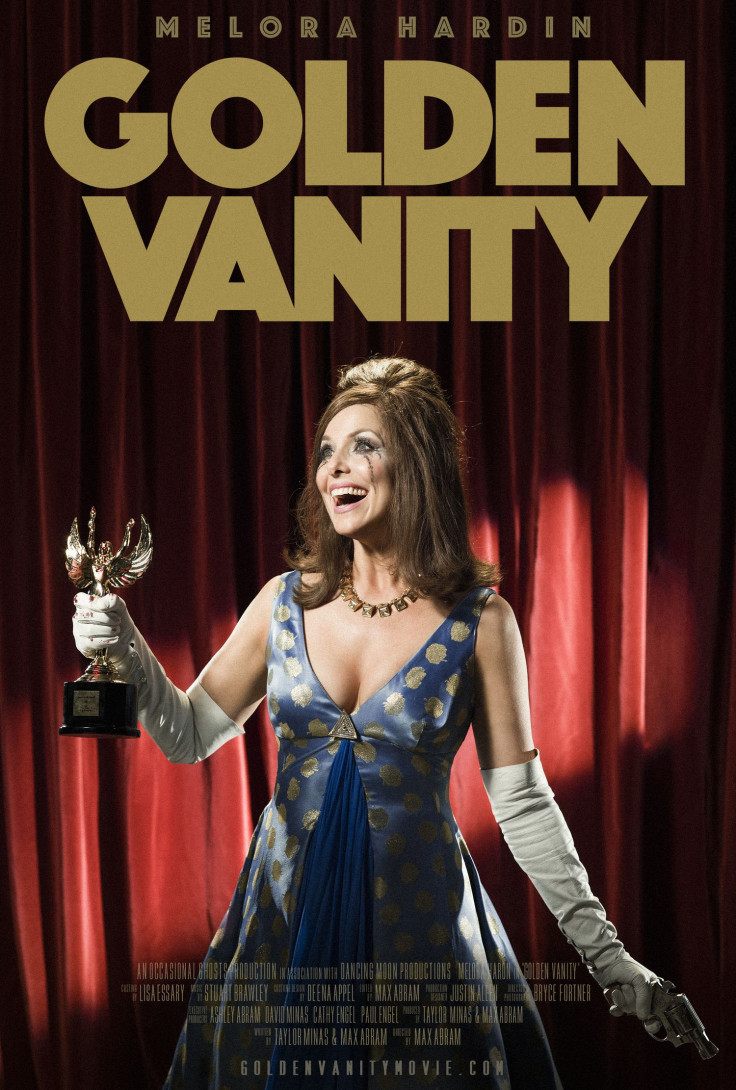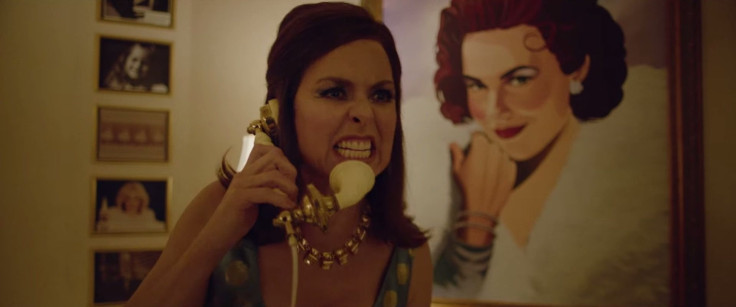For producer Taylor Minas and director Max Abram, finishing Golden Vanity, a movie they wrote together, was like a graduate class in indie filmmaking.
“We just worked our way through and fucked up a million scripts,” Minas said. But the writing was just the beginning. Every step of production had new challenges, from a canceled credit card to assembling a cast and crew.
“Assume Murphy’s Law is the baseline and you’ll be okay,” Abram said. But there was always a clear way forward, or, at least, a feeling of momentum.
“Learning not to freak out when something goes terribly wrong, Minas said. “You can’t just give up and be like ‘oh well that didn’t work out’ when you have a wall missing.”
“It was about a 12 month finish from start to finish overall. We shot in the middle of the year, it was a five day shoot. Shooting 18.5 pages a day, kind of packing it in, which was nuts,” Minas said.
Then Golden Vanity was complete. Picture lock. And now it’s time to get people to watch the damn thing. Between the expansive festival circuit and digital releasing there are more ways to get a movie in front of viewers than ever before. But compared to production — with completion the end of every plan — distribution is a morass, a limbo land between a finished movie and a furnished theater.
This is the phantom zone Golden Vanity inhabits, for now. “There absolutely is an audience for the film,” Abram said. It’s just a matter of finding the right one. And even if Golden Vanity never makes it to your local indie theater, they’re determined to find its screen.
Golden Vanity is a project as audacious as it is intimate. Loosely based on the Judy Garland tapes she recorded in the last decade of her life (intended as source material for an autobiography), Golden Vanity opens as Mabel Montgomery-Mayflower returns home from an awards show, just after storming the stage, assaulting the Best Actress winner and stealing her statue.
‘Golden Vanity’ Trailer
Starring Melora Hardin (Transparency, The Office), Golden Vanity carries the audience through the most harrowing night of Montgomery-Mayflower’s life. Her emotional state, devastated by vodka and media scrutiny, turns on the many remarkable recollections of her life, tying her final fate to a baked cake, the Hollywood blacklist, the atom bomb and, in an alternately poignant and hilarious soliloquy, “a long, dark pubic hair.”
“We wanted to do something that we could achieve on our own scale, hopefully still being as ambitious as we could be,” Abram said. The completed movie embodies both goals, ratcheting the storytelling aperture down to its narrowest possible point: one woman and her troubles. Abram and Minas believe — and I found nothing to suggest otherwise — that Golden Vanity is the first one woman movie ever made. Only Robert Altman’s Secret Honor, with Philip Baker Hall as Richard Nixon on a regret-fueled binger, has attempted a similar high-wire act.

Some of the lessons learned writing, producing and directing their own movie have found new corollaries in their new world of film festivals and distribution deals. One early lesson was the peculiar vicissitudes of networking.
“In the early days when you’re trying to make a film some of the people who are closest to you are very doubtful and there can be this weird negative energy and you have to just put your head down and keep going,” Minas said.
Instead of pulling on their immediate network, many of whom were skeptical that they could make a film at all, Minas and Abram learned that the next break could come from any direction.
“You go through a process that I think you have to be comfortable with the luck involved,” Abram said. “It’s like dominoes falling, if the last one in the row doesn’t fall, it doesn’t matter. You can contact a person who contacts another person and if the last one doesn’t get through, then it doesn’t matter.”
They’ve tried to keep the same attitude about film festivals, though it’s a process much more out of their hands. I met them at SXSW, where they were meeting with people and talking about the film, but without much of a concrete plan. They were just looking for the next domino.
“The whole digital system that exists for festival submissions is great, but it also makes it easy to be anonymous,” Abram said.
So far they’ve submitted to Sundance, Sidewalk, Locarno, deadCenter, Tallgrass, Rooftop Films, SIFF, TIFF, Tall Grass in indianapolis and Stony Brook Film Festival. “We’re submitting across the board, not being disheartened to submit to larger festivals, but trying to be realistic,” Abram said.
Golden Vanity has yet to be accepted into a festival. Minas and Abram continue to soldier on, attending SXSW and other filmmaker meet-ups to spread the word.
Some things they wish they’d done differently. “We wanted them to wait to post things on social media and wanted to do everything at once,” Minas said. “I don’t even know what the resistance was, just this feeling that it’s not quite ready.”
“It can’t be seen until it’s perfect,” Abram said, characterizing the mindset.
Still, as Golden Vanity searches for its audience, the stresses of the filmmaking process have left Minas and Abram with a remarkable equanimity. This is just one more hurdle in a long series of challenges. It’s all just another part of being a first-time filmmaker. “That’s the weird thing about being in that position. You have nothing to lose, but you have everything to lose.”
And with so many ways to distribute, they know it’s only a matter of time before Golden Vanity gets out there. “You put it up on Vimeo On Demand and it’s available and you start selling and pushing it like that and you take it down if something comes through. That’s our worst-case scenario,” Abram said. “Worst-case scenario isn’t the end of the world right now. I think I just came up with a good catchphrase for being an indie filmmaker.”


















